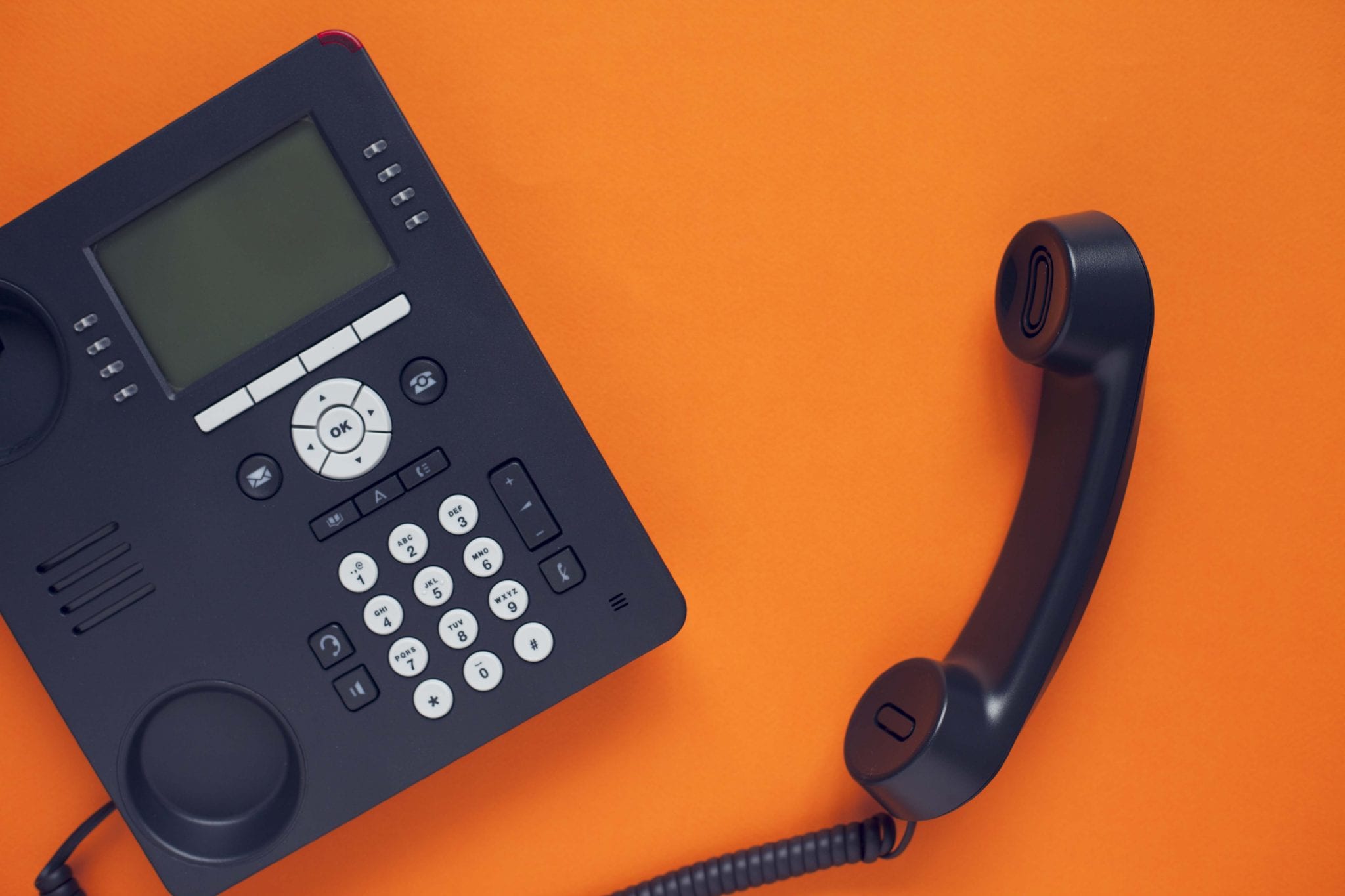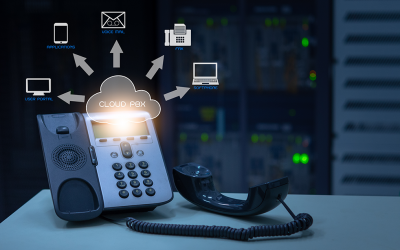What is SIP Calling and Why You Should Care?
To really understand and appreciate what SIP is, it is important to know what came before SIP: analog and digital telephone lines. In traditional phone systems, also called PBX, phone calls were made using either analog or digital phone lines. As communications became more sophisticated, a different way to make and receive phone calls was developed with the advent of the internet. Voice over Internet Protocol, commonly known as VoIP, fundamentally changed the way phone systems communicated.
• VoIP phone calls were made over the internet, not traditional phone lines, drastically lowering the monthly cost for service.
• VoIP could work with any newer phone system and didn’t require any special hardware, just software, lowering maintenance costs on the PBX.
• VoIP phones were generic in brand which meant proprietary traditional phones weren’t required to work with proprietary phone systems, lowering the purchase price of a new PBX.
• Relatively speaking, VoIP service was mobile and with some programming on a businesses phone system, employees could access the system remotely. This was typically accomplished using a Virtual Private Network (VPN).
The Birth of SIP
SIP stands for Session Initiation Protocol, and it is a very unique subset of VoIP. I will not cover the complicated architecture of SIP and SIP trunking in this post. As the demand for enhanced communication continued to grow with the emergence of Unified Communications, the smart phone, and SMS, SIP was the way these different types of media transported their communications. Simply put, SIP is the state of the art in the VoIP protocol family.
SIP Devices and SIP Trunking
We know that a traditional phone system used only phones to make and receive calls. SIP is much more than a phone for businesses to communicate.
• SIP phone – non-proprietary desk phone that functions just like a traditional desk phone.
• Softphone – app installed on a PC/Mac leveraging computer speaker/microphone for phone calls.
• Smart phone app – 3rd party app that runs on Droid/iOS platforms that allows the user to leverage a smart phone for business related communication.
• Unified Communication (UCaaS) – multi media app that puts voice, video, SMS/MMS communication on one app that runs on PC/Mac.
• Fax to email is supported by SIP.
• Future proof – by all forecasts SIP will be the protocol most used in the communications industry for years to come.
“Trunks” or “trunking” just refers to the actual connection or line that’s used to make and receive calls, which in this case is SIP calls. The term “trunks” means multiple lines bundled together. Some key characteristics of SIP trunks are:
• SIP trunking is defined by software, or virtual, and is only limited by the bandwidth of your internet connection with regard to how many concurrent SIP sessions you can have simultaneously.
• SIP calling will work with any VoIP based PBX and, with proper configuration, can work with older non-VoIP phone systems.
• Phone numbers are ‘portable’ with SIP calling since a SIP trunk can be set up using any internet connection. This is accomplished easiest when you have a cloud based phone system.
• SIP trunking has built-in disaster recovery (check with your SIP Provider about this feature). If internet connectivity is lost at a primary business site it can quickly be rerouted to a secondary site that has operational internet service.
SIP Providers
Not all SIP providers are the same other than the fact that they all leverage SIP for media transmissions (Unified Communications, SMS, video) and SIP trunking for VoIP voice calls. There are essentially two categories of SIP providers:
Wholesale SIP Provider
- SIP calling with no support for PBX interconnection or troubleshooting.
- SIP calling is billed at a cost per minute (vs. flat fee).
- Provides phone numbers.
- Good for SIP calling resellers with a high level of customer support expertise.
- Often sold by PBX providers who offer customer support.
- May or may not provide SIP phones.
Full Service SIP Provider
- SIP calling with complete customer support.
- Cloud based PBX to provide full feature phone system package.
- Most likely will have a Unified Communications (UCaaS) offering (could add to base price).
- SIP calling usually billed at a flat fee that includes unlimited domestic call (toll free service billed separately).
- May or may not provide SIP phones.
Is SIP right for my business?
It’s hard to find any business in today’s Covid and most likely post-Covid environment that would not benefit from SIP service. A few considerations if your business is considering switching to SIP:
• If your business has a remote workforce, the benefits of SIP calling are huge and cost-savings are significant.
• If your business does not want to purchase desk-phones that will depreciate and at some point need to be replaced.
• If your business is seasonal, SIP can scale with your calling needs; you only pay for what you use.
• Switching to a SIP Provider is easy and fast.
For a more involved evaluation, please contact us to learn more!




